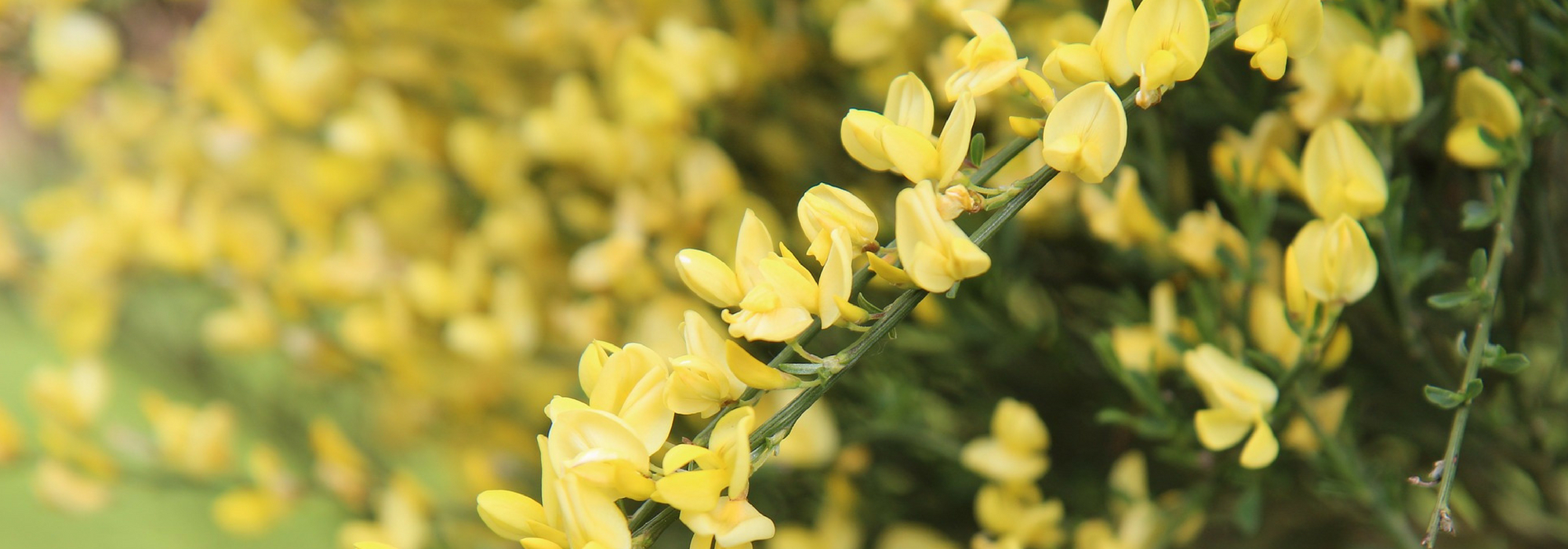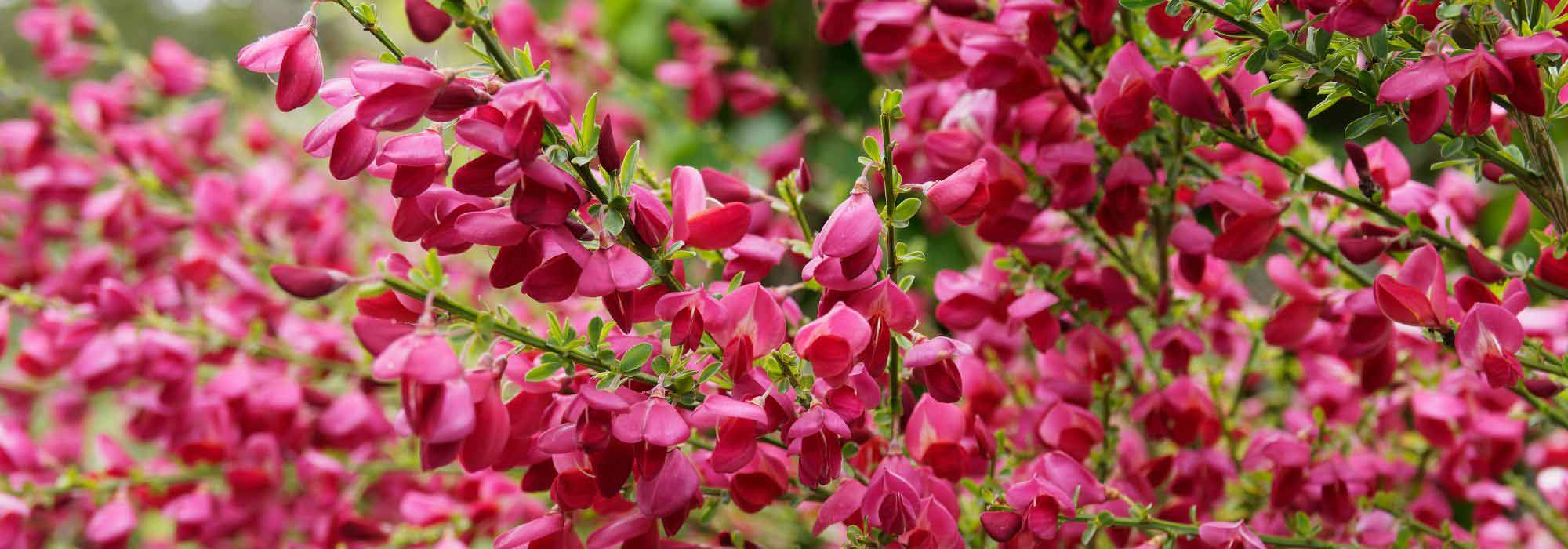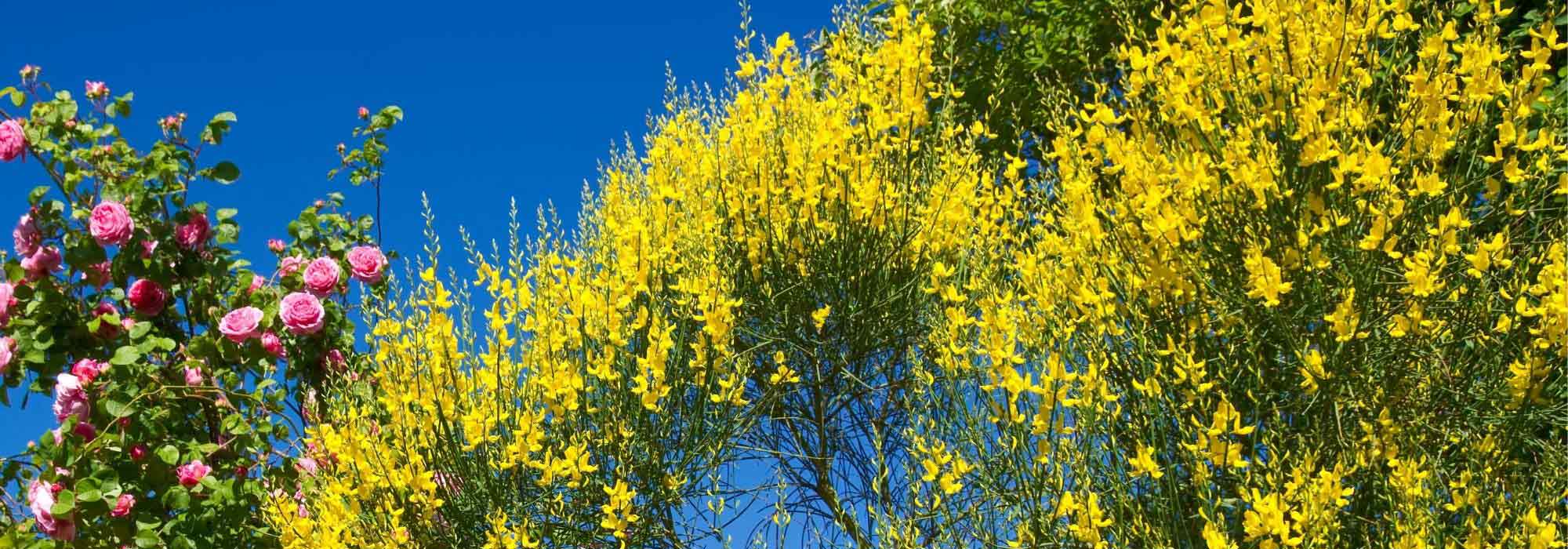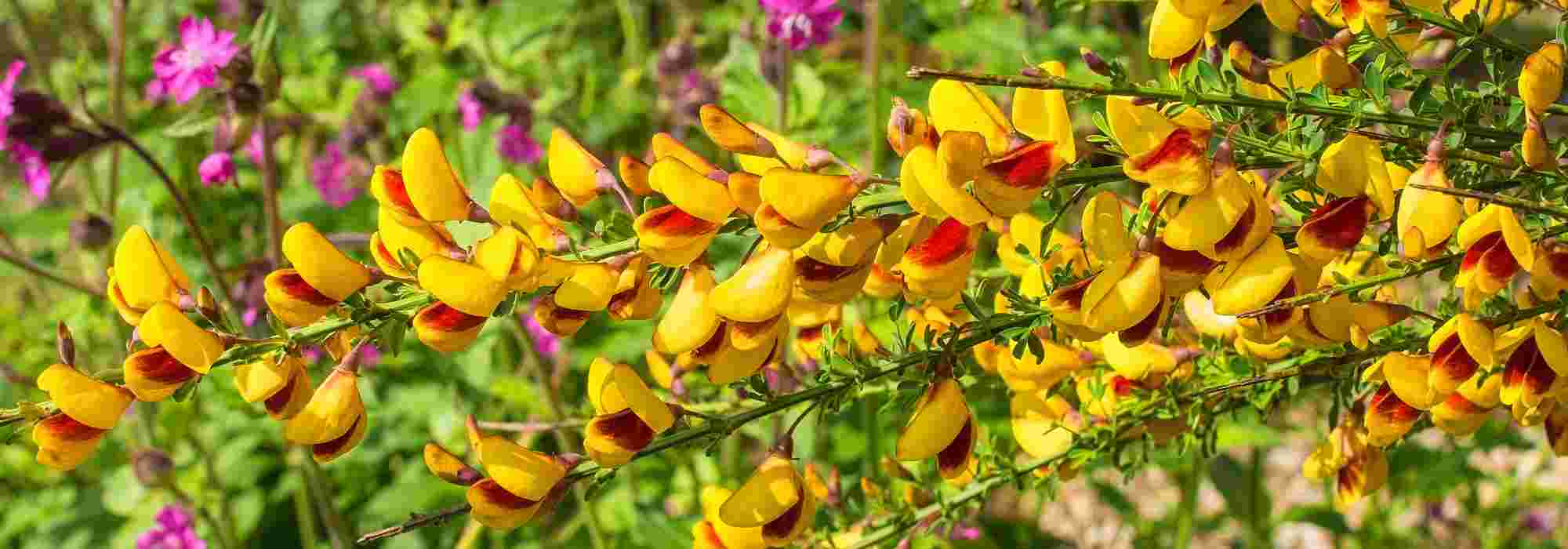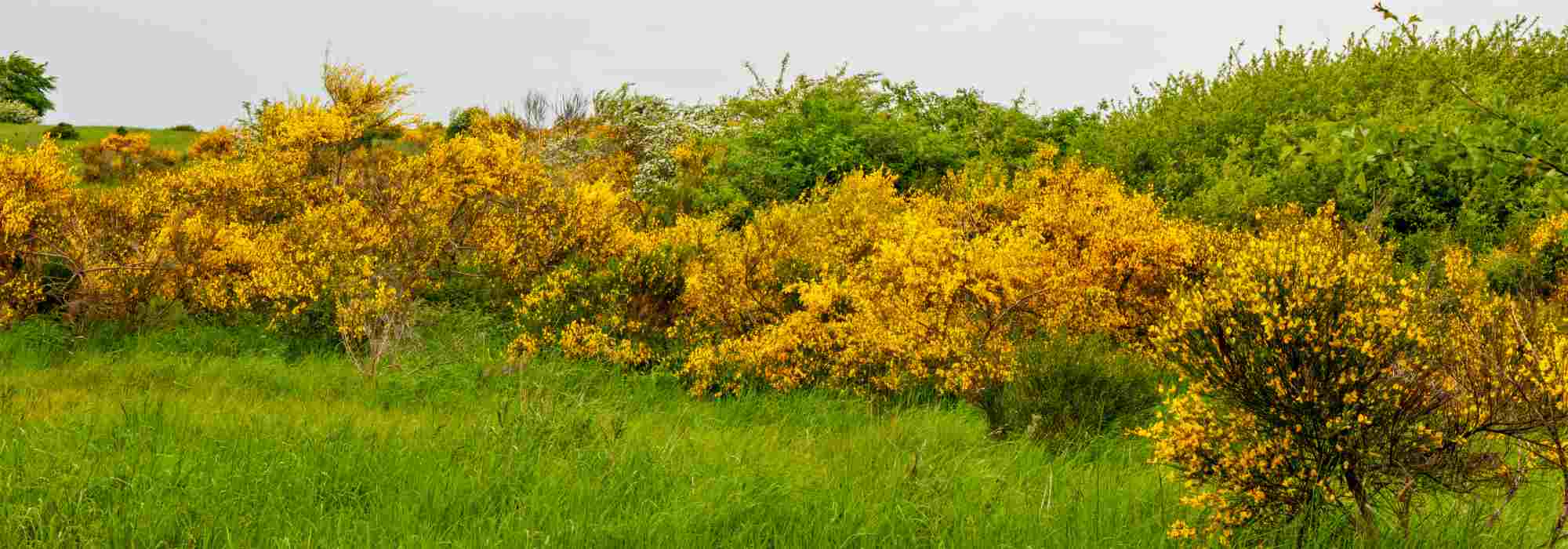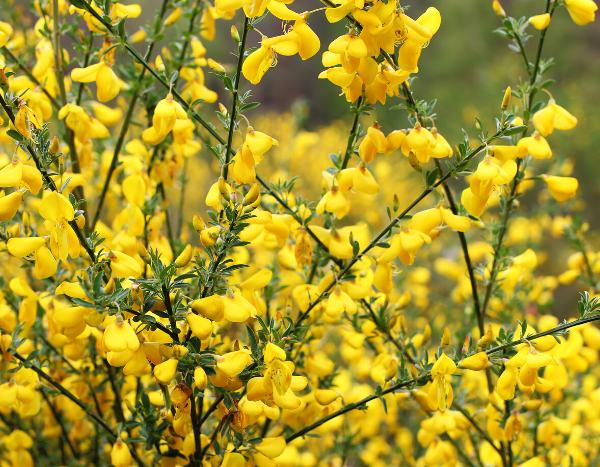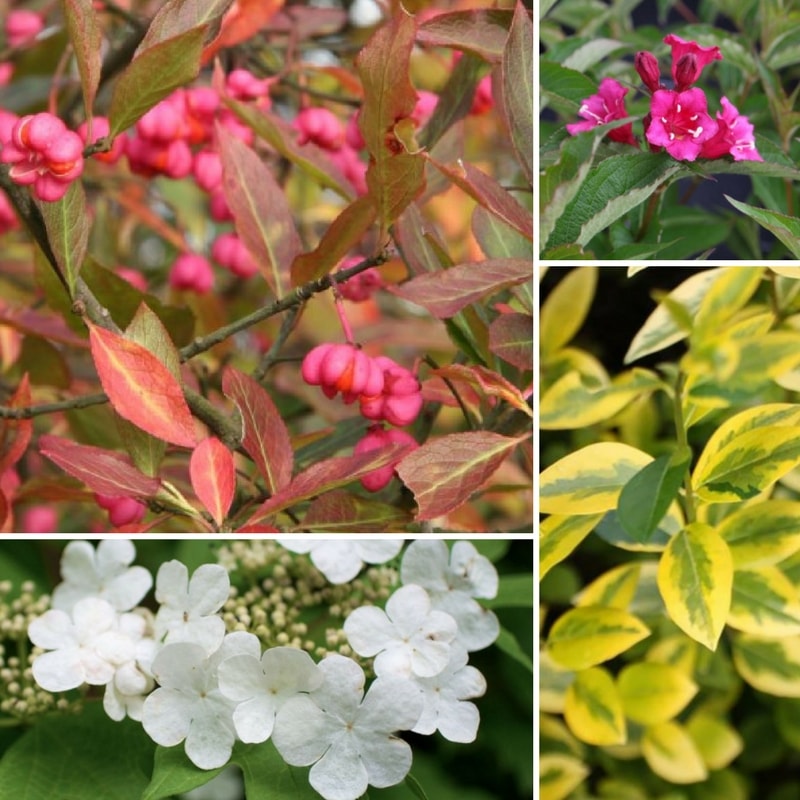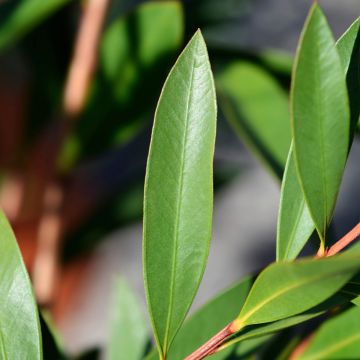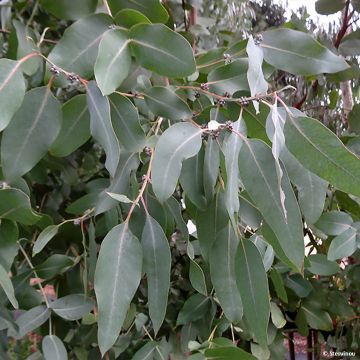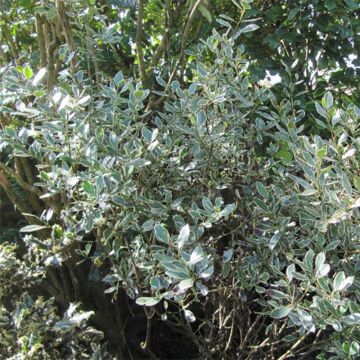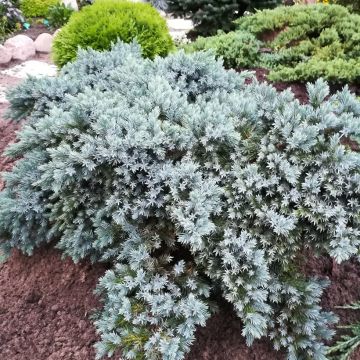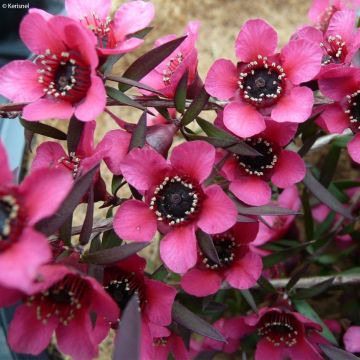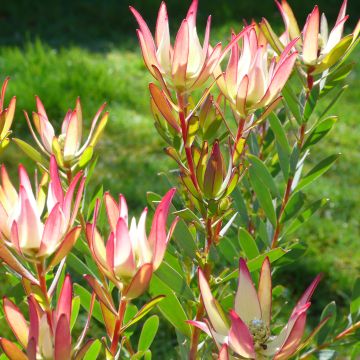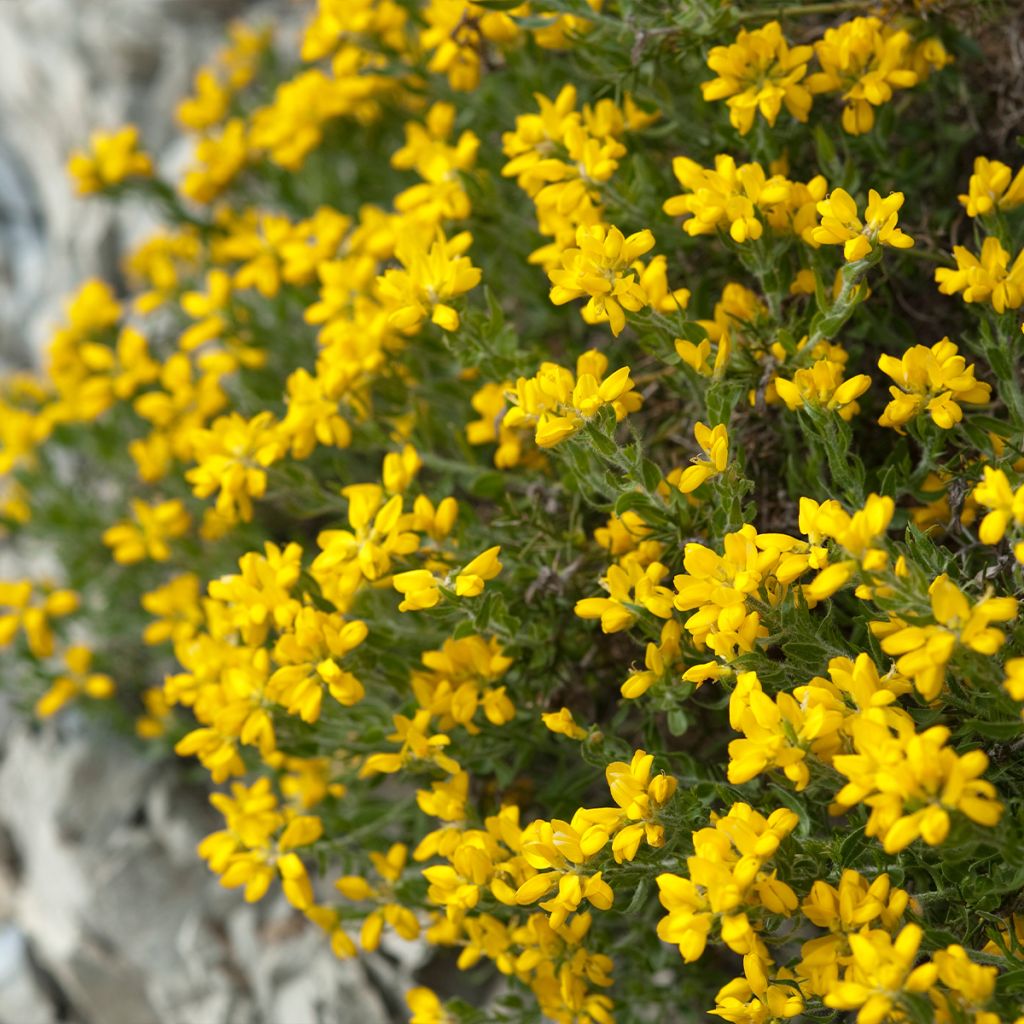

Genêt d'Espagne - Genista hispanica
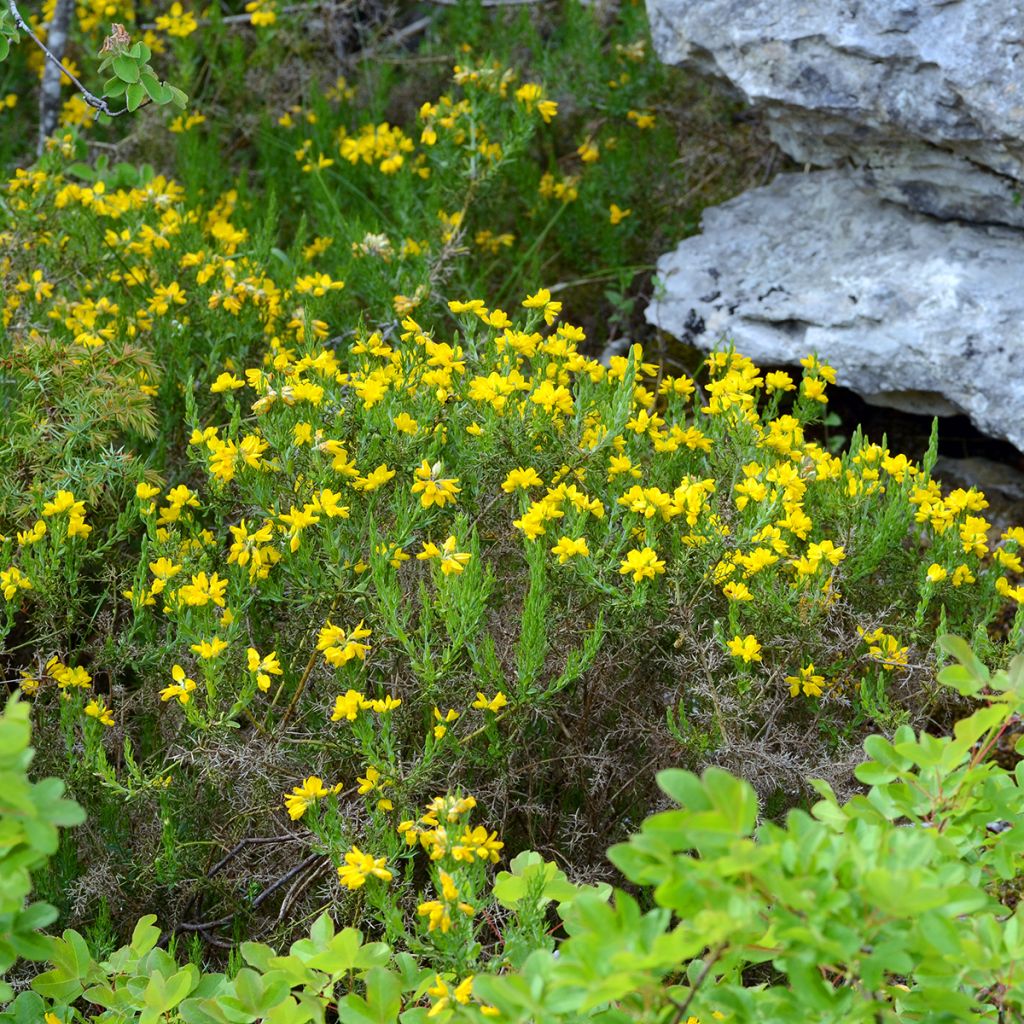

Genista hispanica
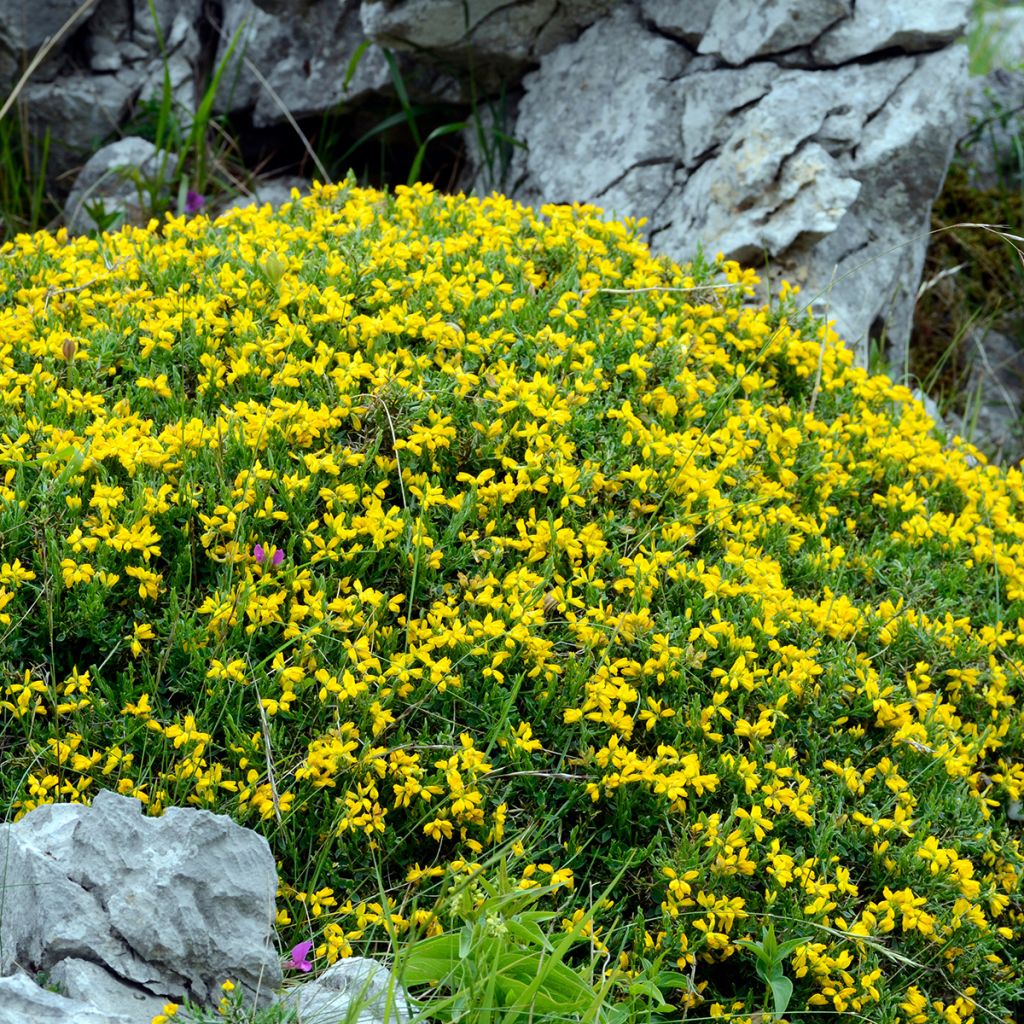

Genista hispanica
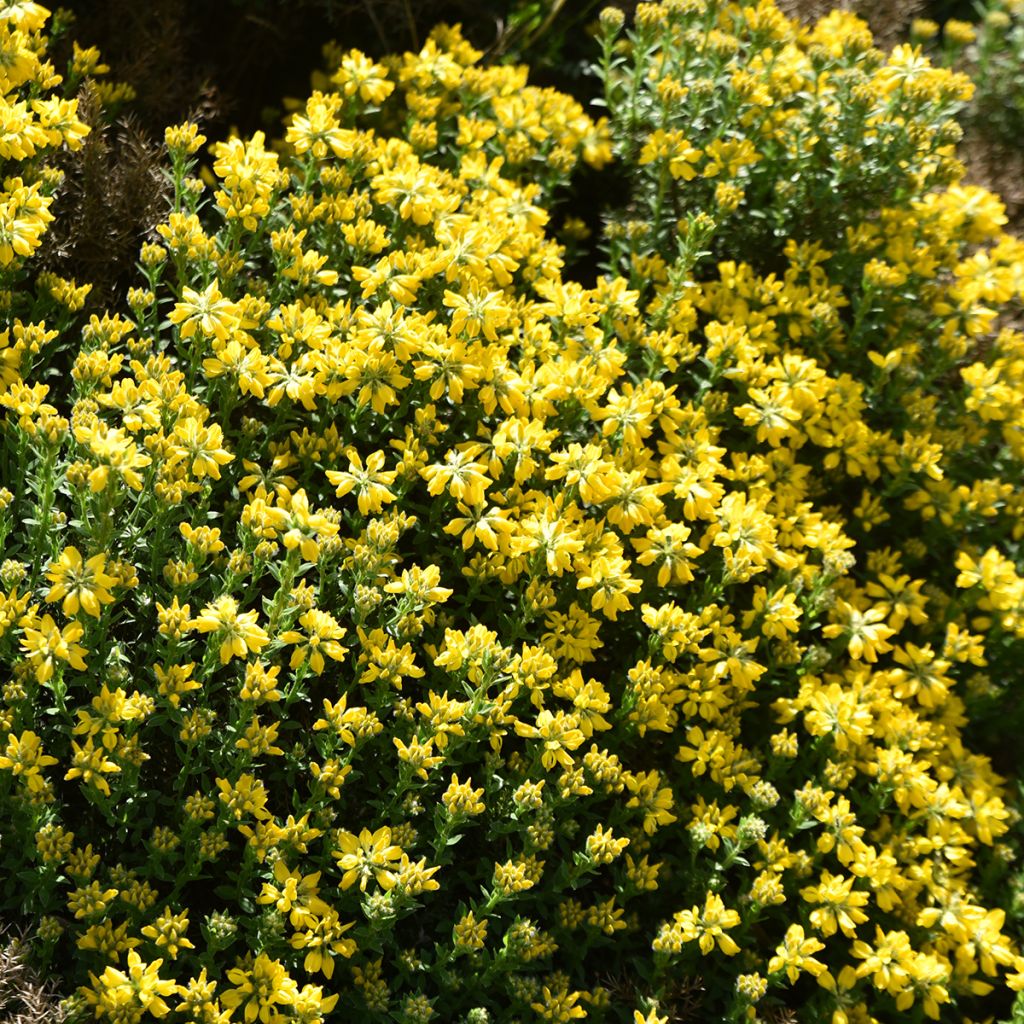

Genista hispanica
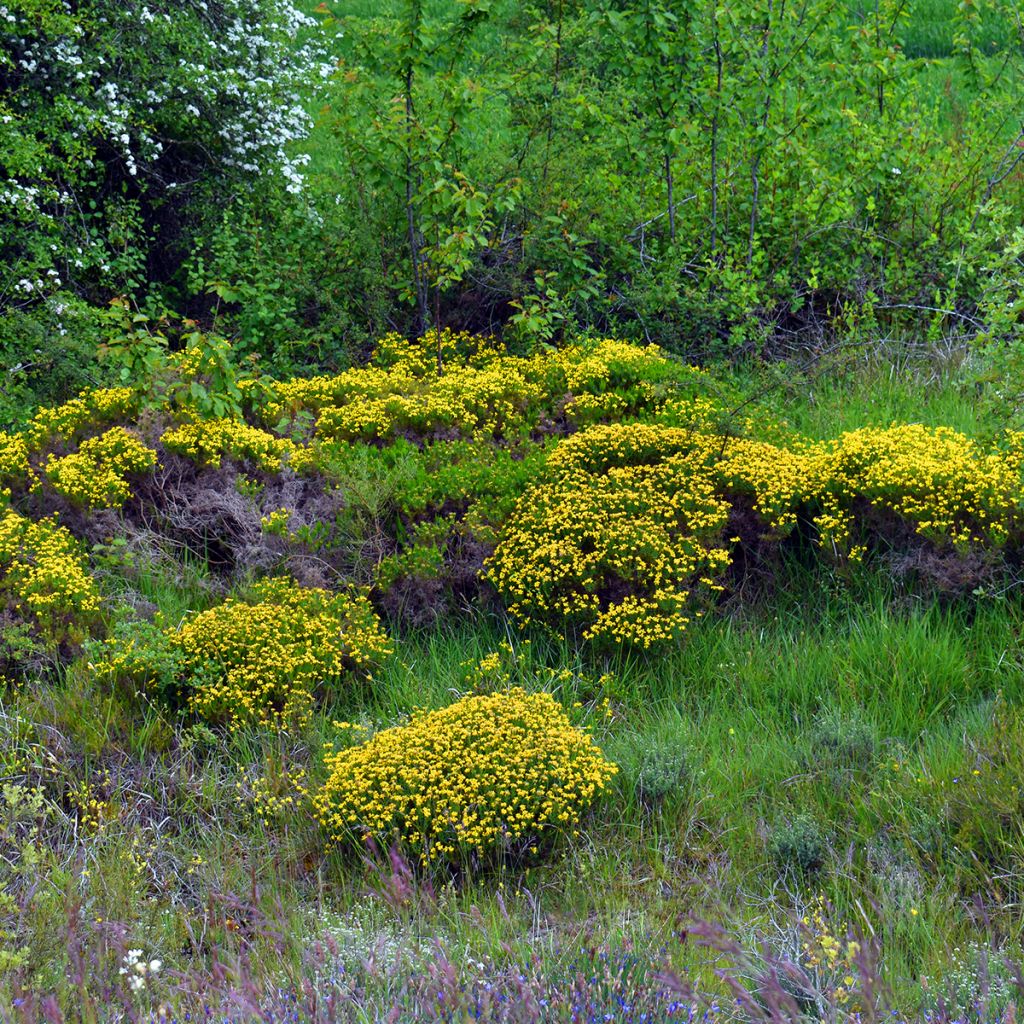

Genista hispanica
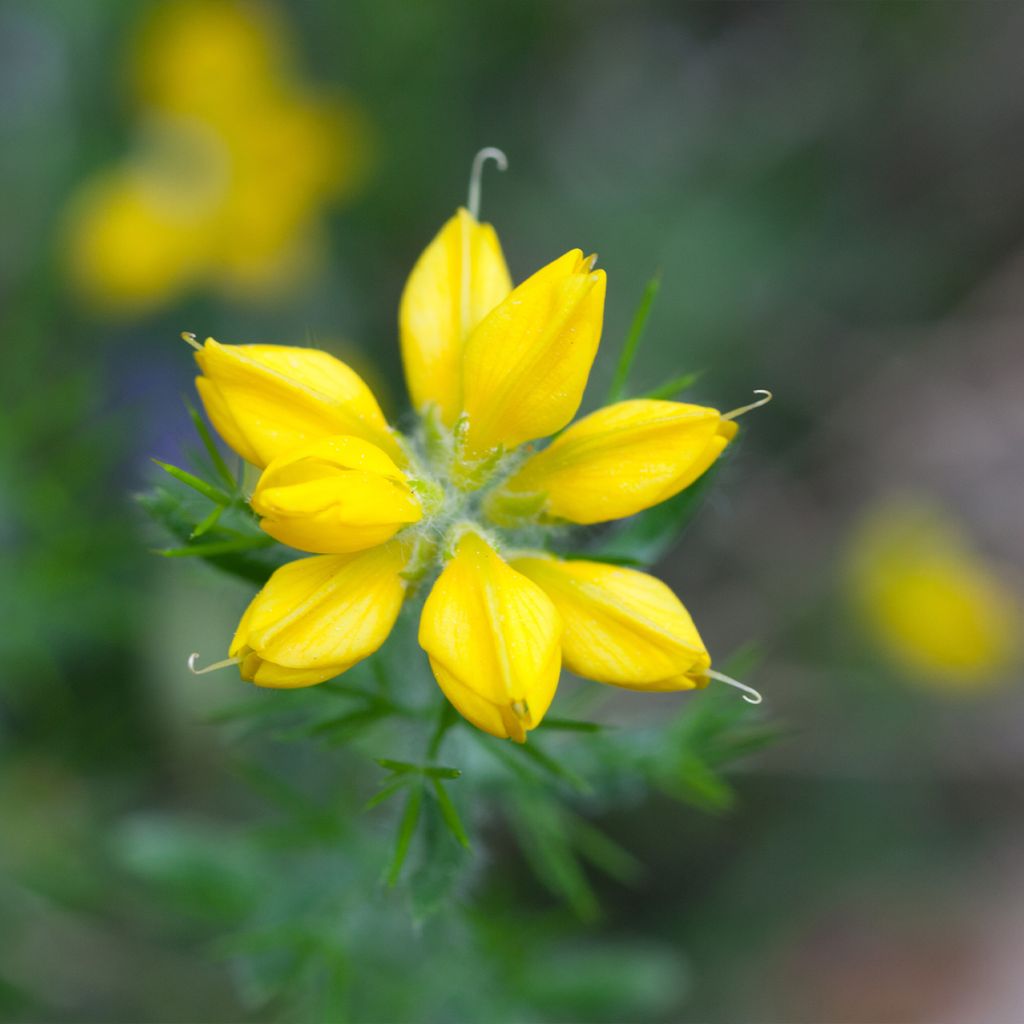

Genêt d'Espagne - Genista hispanica
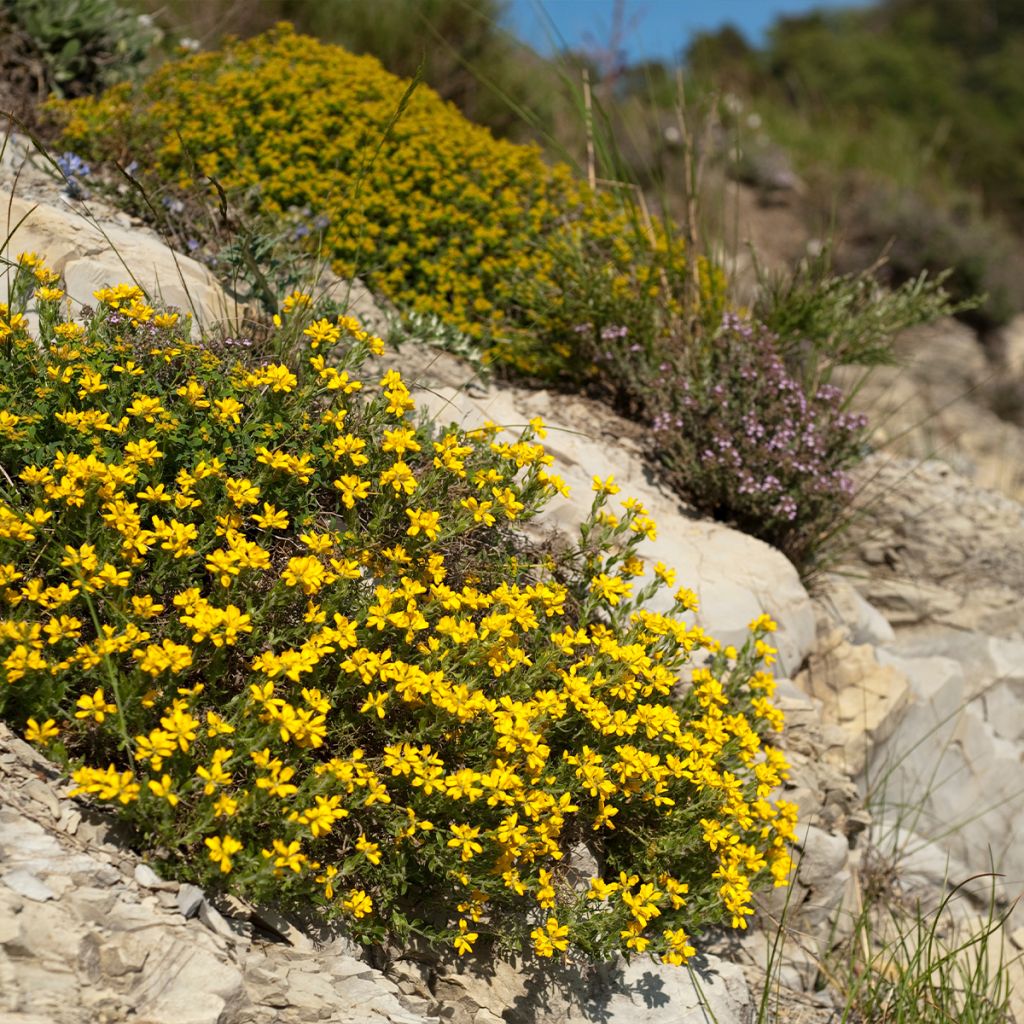

Genêt d'Espagne - Genista hispanica
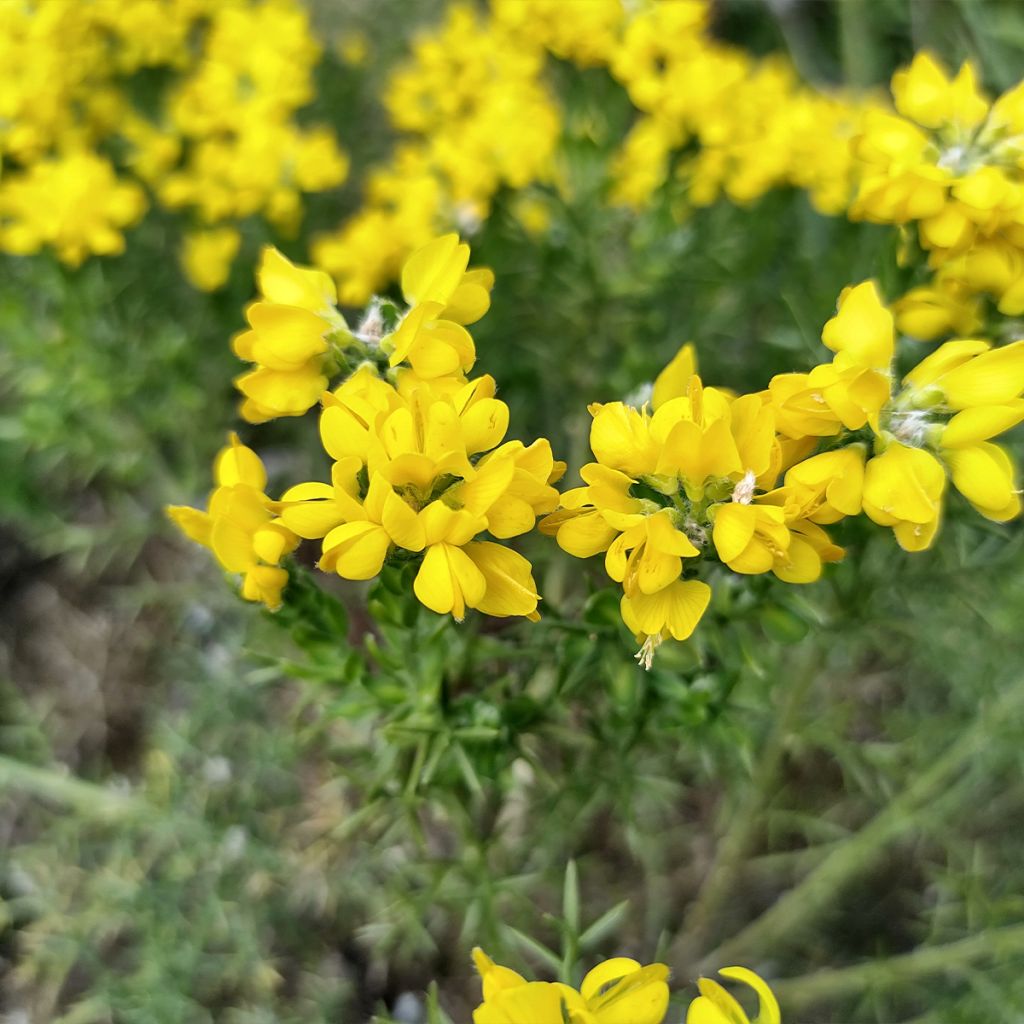

Genêt d'Espagne - Genista hispanica
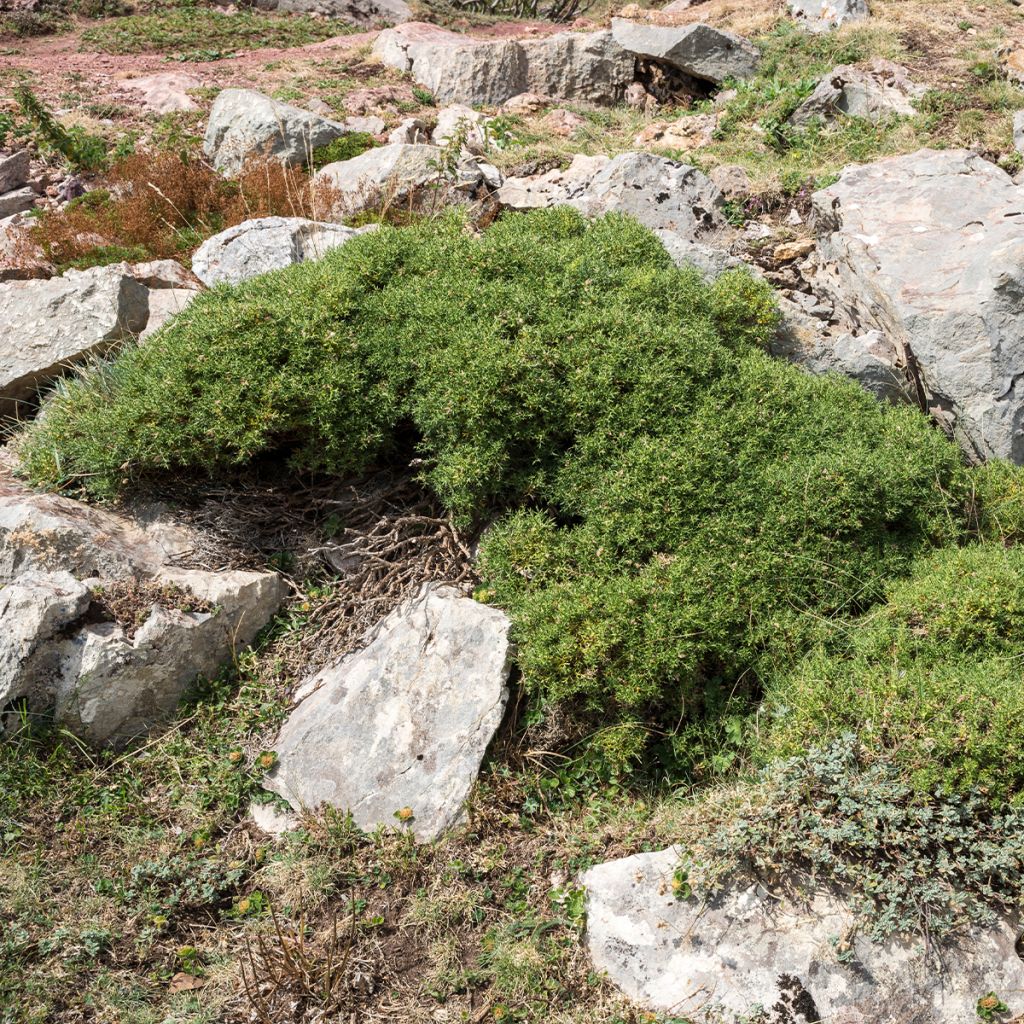

Genêt d'Espagne - Genista hispanica
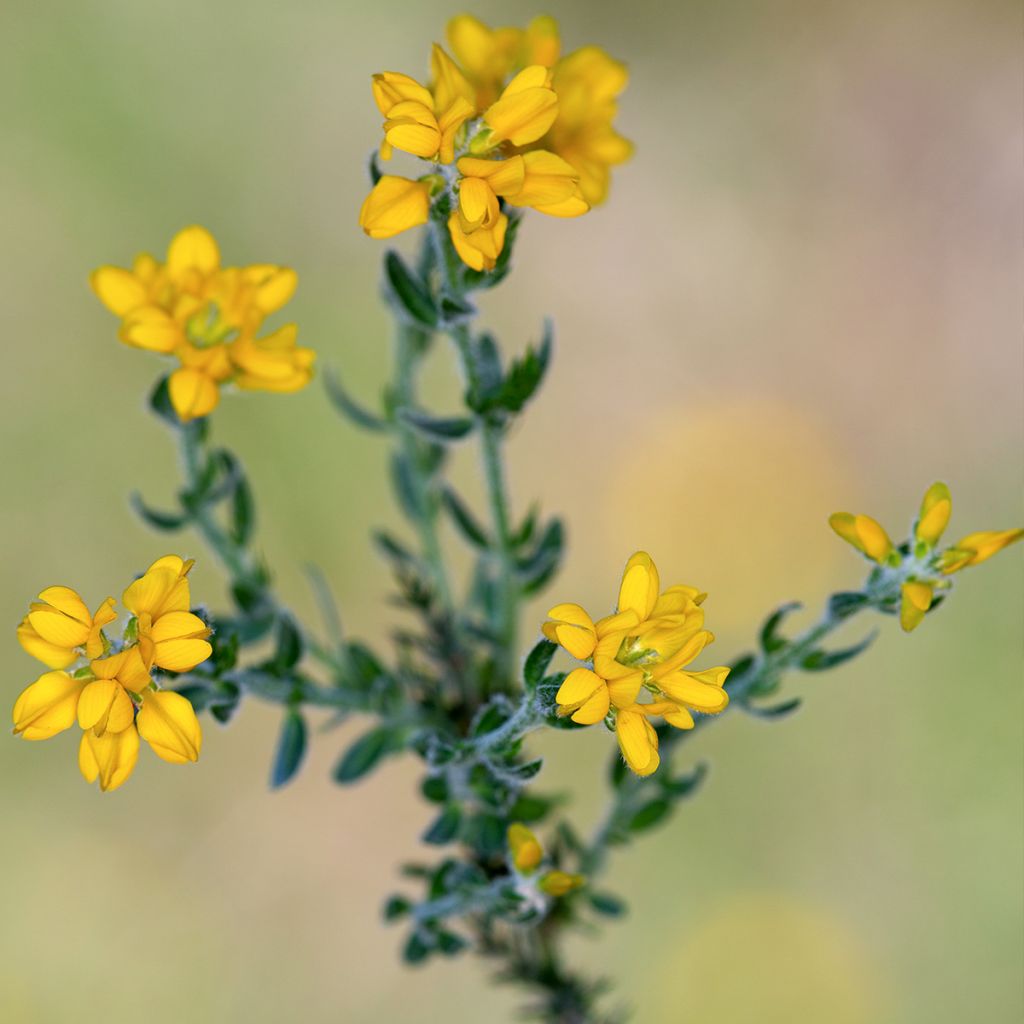

Genêt d'Espagne - Genista hispanica
Genista hispanica
Genista hispanica
Spanish Gorse, Spanish Broom
Special offer!
Receive a €20 voucher for any order over €90 (excluding delivery costs, credit notes, and plastic-free options)!
1- Add your favorite plants to your cart.
2- Once you have reached €90, confirm your order (you can even choose the delivery date!).
3- As soon as your order is shipped, you will receive an email containing your voucher code, valid for 3 months (90 days).
Your voucher is unique and can only be used once, for any order with a minimum value of €20, excluding delivery costs.
Can be combined with other current offers, non-divisible and non-refundable.
Home or relay delivery (depending on size and destination)
Schedule delivery date,
and select date in basket
This plant carries a 24 months recovery warranty
More information
We guarantee the quality of our plants for a full growing cycle, and will replace at our expense any plant that fails to recover under normal climatic and planting conditions.

Does this plant fit my garden?
Set up your Plantfit profile →
Description
Genista hispanica, known as Spanish broom, is a small shrub with abundant yellow flowering in April-May. This bush forms a spreading cushion, 50cm (20in) tall and almost double in width, making it an excellent ground cover for slopes or rockeries. This plant of wild origin is extremely drought-resistant and also tolerates limestone well. It requires a sunny location, in poor and well-drained soil. Hardy down to about -12°C (10.4°F), it should be protected from winter winds in cold regions. It is best not to plant it near a pathway, as it is a thorny little shrub!
Genista hispanica belongs to the Fabaceae family. Its species name, hispanica, betrays its origins, as it grows naturally in Spain. It is a wild plant that is also used for ornamental purposes due to its robustness and aesthetic qualities. It is a spreading shrub that forms ground cover cushions in limestone and arid soils. Very thorny, it develops tiny leaves to limit transpiration and to be able to resist drought to the maximum. This species was named by the great botanist Linnaeus in 1753.
Today, Spanish Broom, also improperly called Spanish Gorse (gorse belongs to the genus Ulex), is part of the range of ornamental plants well adapted to heatwaves. Genista hispanica displays superb yellow flowering, with papilionaceous flowers that cover the surface of the plant, forming a magnificent carpet in spring, usually in April-May (or May-June for cooler regions). The small yellow flowers are grouped in clusters at the ends of short branches. These branches are stiff and very thorny, with small deciduous green leaves that resemble true Gorse (Ulex europaeus) in appearance. The growth of this shrub is quite slow, eventually forming a perfect ground cover, about 50cm (20in) in height, or even up to 80cm (31in), with a diameter of about 1m (3ft). This spreading cushion is perfect for adorning a rockery, thanks to the plant's high resistance to drought once established. It will also be particularly valuable for covering a difficult, inaccessible slope, as this plant requires almost no maintenance.
Genista hispanica is ideal for non-irrigated gardens, without sacrificing ornamental appeal, since its flowering is just as impressive as that of horticultural hybrids. It will be perfect for dry, limestone soil. You can plant Colutea arborescens (a shrub from the same family) in the background. Colutea bears orange flowers, followed by decorative reddish pod, and is also tough as nails. At the base of Genista hispanica and along the edge of your flower bed, plant an equally resistant Achillea. This will provide a beautiful display of colourful blooms throughout the summer.
Genista hispanica in pictures
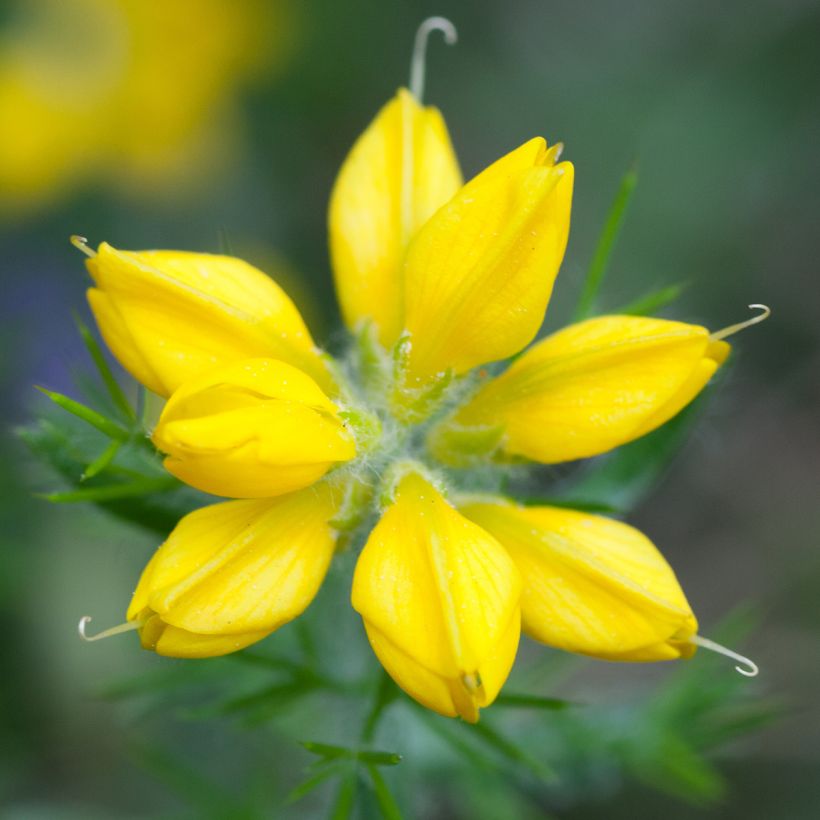

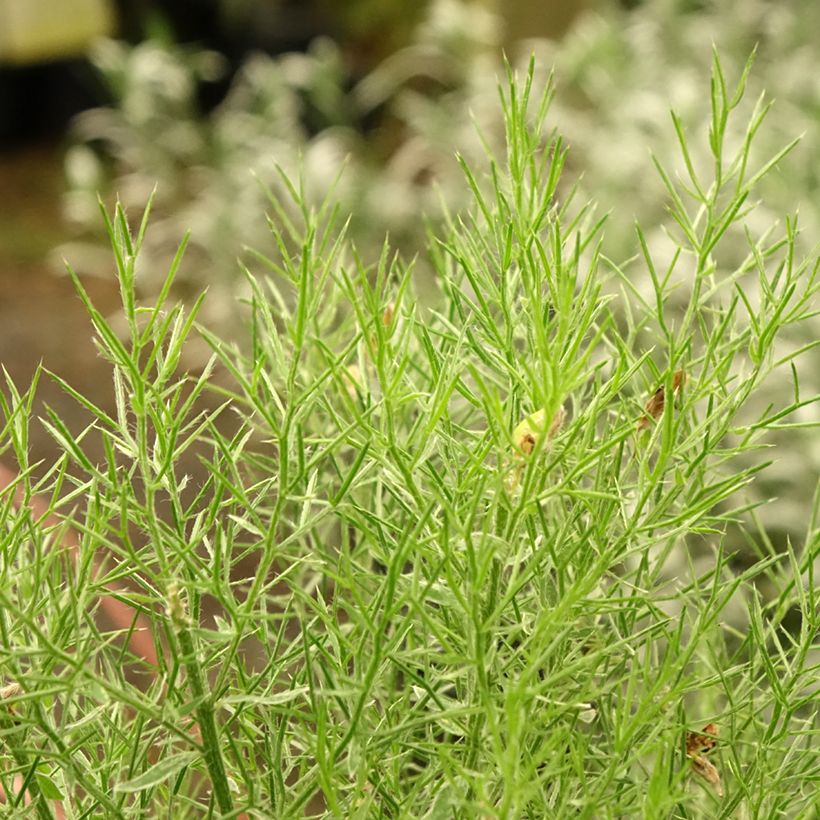

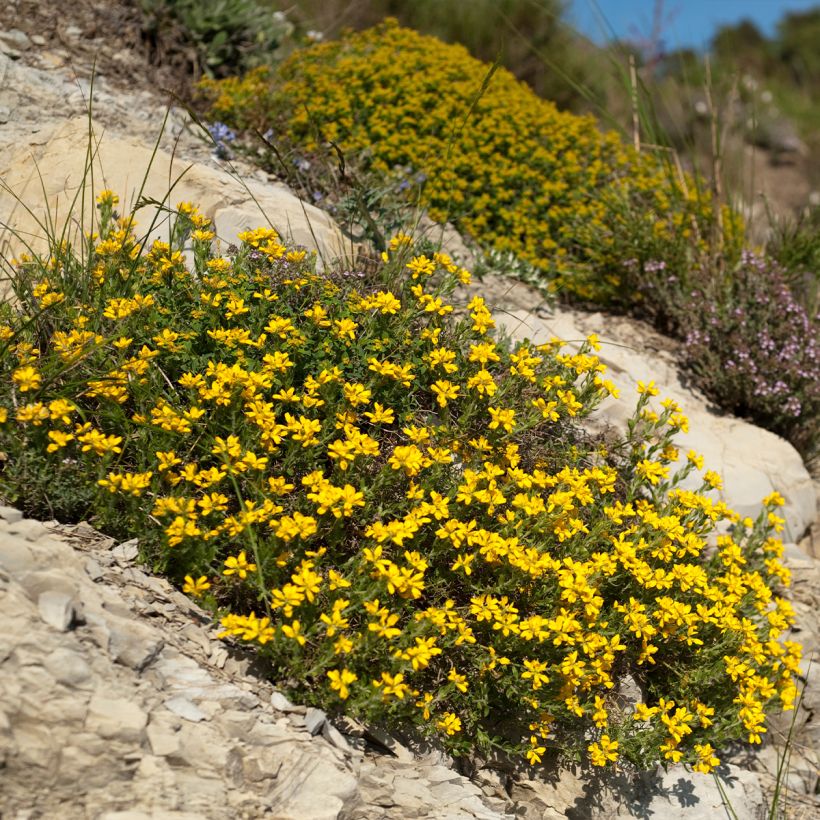

Plant habit
Flowering
Foliage
Botanical data
Genista
hispanica
Fabaceae
Spanish Gorse, Spanish Broom
Mediterranean
Planting and care
Genista hispanica naturally grows in arid situations, characterised by dry soils and mild winters. In these conditions, it withstands the wind well, otherwise it will need to be sheltered from cold winter winds. It appreciates poor and well-drained, limestone soils, so there is no need to add compost to the planting hole! If your soil is slightly rich or retentive, add gravel and plant in a slight mound so that water can easily drain away in winter. This plant dislikes stagnant water, which also enhances the effects of frost. Its cold resistance is around -12°C (10.4°F), for a mature, well-established subject, if the soil is dry enough.
Choose a very sunny exposure, especially in cool regions. Water generously at planting and monitor subsequent waterings during the first few months. The plant needs enough water to develop roots that will then withstand drought.
Planting period
Intended location
Care
Planting & care advice
This item has not been reviewed yet - be the first to leave a review about it.
Similar products
Haven't found what you were looking for?
Hardiness is the lowest winter temperature a plant can endure without suffering serious damage or even dying. However, hardiness is affected by location (a sheltered area, such as a patio), protection (winter cover) and soil type (hardiness is improved by well-drained soil).

Photo Sharing Terms & Conditions
In order to encourage gardeners to interact and share their experiences, Promesse de fleurs offers various media enabling content to be uploaded onto its Site - in particular via the ‘Photo sharing’ module.
The User agrees to refrain from:
- Posting any content that is illegal, prejudicial, insulting, racist, inciteful to hatred, revisionist, contrary to public decency, that infringes on privacy or on the privacy rights of third parties, in particular the publicity rights of persons and goods, intellectual property rights, or the right to privacy.
- Submitting content on behalf of a third party;
- Impersonate the identity of a third party and/or publish any personal information about a third party;
In general, the User undertakes to refrain from any unethical behaviour.
All Content (in particular text, comments, files, images, photos, videos, creative works, etc.), which may be subject to property or intellectual property rights, image or other private rights, shall remain the property of the User, subject to the limited rights granted by the terms of the licence granted by Promesse de fleurs as stated below. Users are at liberty to publish or not to publish such Content on the Site, notably via the ‘Photo Sharing’ facility, and accept that this Content shall be made public and freely accessible, notably on the Internet.
Users further acknowledge, undertake to have ,and guarantee that they hold all necessary rights and permissions to publish such material on the Site, in particular with regard to the legislation in force pertaining to any privacy, property, intellectual property, image, or contractual rights, or rights of any other nature. By publishing such Content on the Site, Users acknowledge accepting full liability as publishers of the Content within the meaning of the law, and grant Promesse de fleurs, free of charge, an inclusive, worldwide licence for the said Content for the entire duration of its publication, including all reproduction, representation, up/downloading, displaying, performing, transmission, and storage rights.
Users also grant permission for their name to be linked to the Content and accept that this link may not always be made available.
By engaging in posting material, Users consent to their Content becoming automatically accessible on the Internet, in particular on other sites and/or blogs and/or web pages of the Promesse de fleurs site, including in particular social pages and the Promesse de fleurs catalogue.
Users may secure the removal of entrusted content free of charge by issuing a simple request via our contact form.
The flowering period indicated on our website applies to countries and regions located in USDA zone 8 (France, the United Kingdom, Ireland, the Netherlands, etc.)
It will vary according to where you live:
- In zones 9 to 10 (Italy, Spain, Greece, etc.), flowering will occur about 2 to 4 weeks earlier.
- In zones 6 to 7 (Germany, Poland, Slovenia, and lower mountainous regions), flowering will be delayed by 2 to 3 weeks.
- In zone 5 (Central Europe, Scandinavia), blooming will be delayed by 3 to 5 weeks.
In temperate climates, pruning of spring-flowering shrubs (forsythia, spireas, etc.) should be done just after flowering.
Pruning of summer-flowering shrubs (Indian Lilac, Perovskia, etc.) can be done in winter or spring.
In cold regions as well as with frost-sensitive plants, avoid pruning too early when severe frosts may still occur.
The planting period indicated on our website applies to countries and regions located in USDA zone 8 (France, United Kingdom, Ireland, Netherlands).
It will vary according to where you live:
- In Mediterranean zones (Marseille, Madrid, Milan, etc.), autumn and winter are the best planting periods.
- In continental zones (Strasbourg, Munich, Vienna, etc.), delay planting by 2 to 3 weeks in spring and bring it forward by 2 to 4 weeks in autumn.
- In mountainous regions (the Alps, Pyrenees, Carpathians, etc.), it is best to plant in late spring (May-June) or late summer (August-September).
The harvesting period indicated on our website applies to countries and regions in USDA zone 8 (France, England, Ireland, the Netherlands).
In colder areas (Scandinavia, Poland, Austria...) fruit and vegetable harvests are likely to be delayed by 3-4 weeks.
In warmer areas (Italy, Spain, Greece, etc.), harvesting will probably take place earlier, depending on weather conditions.
The sowing periods indicated on our website apply to countries and regions within USDA Zone 8 (France, UK, Ireland, Netherlands).
In colder areas (Scandinavia, Poland, Austria...), delay any outdoor sowing by 3-4 weeks, or sow under glass.
In warmer climes (Italy, Spain, Greece, etc.), bring outdoor sowing forward by a few weeks.






























